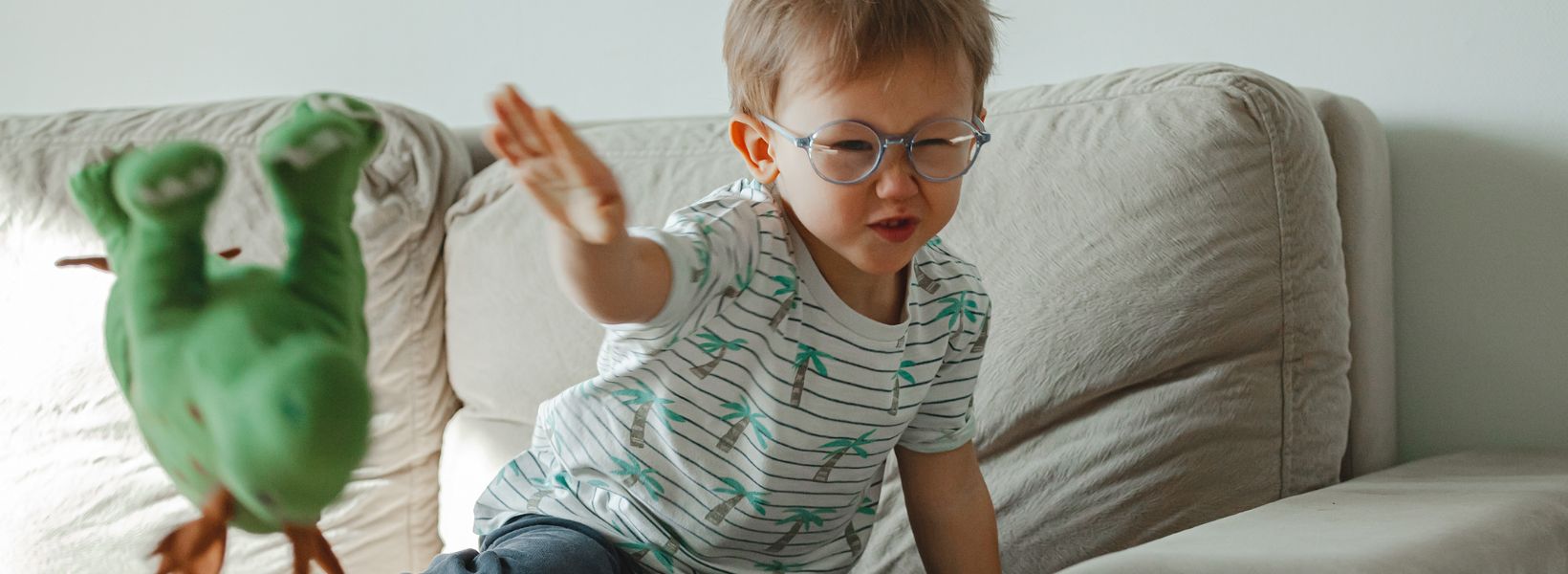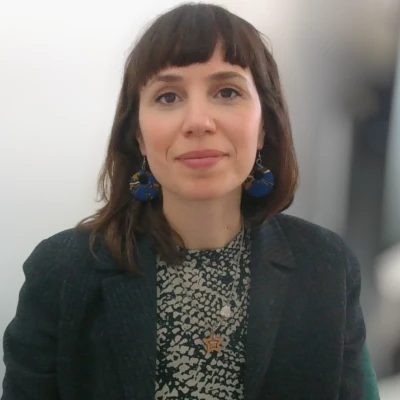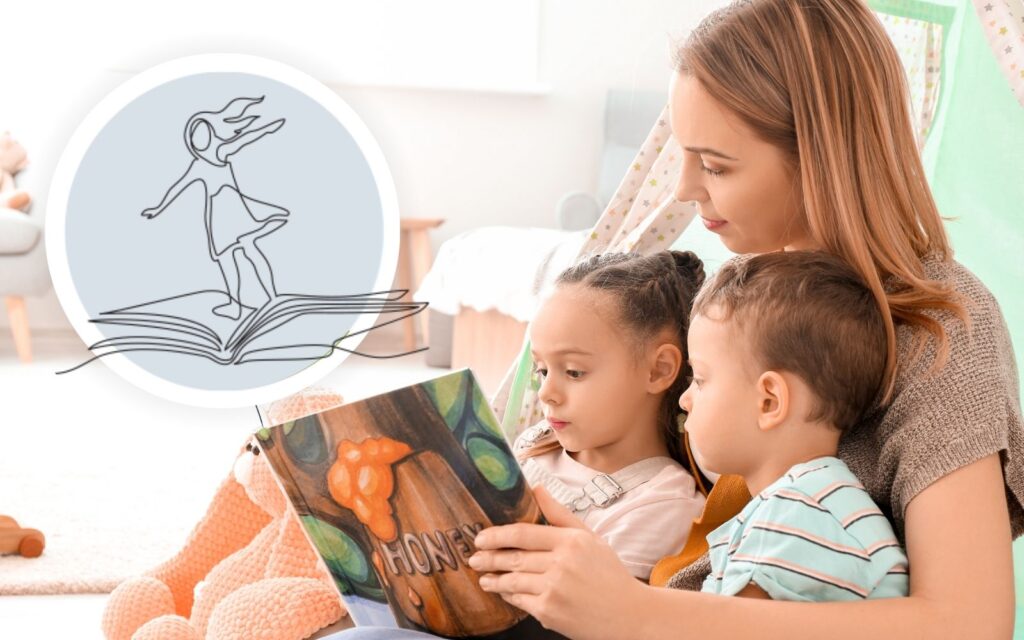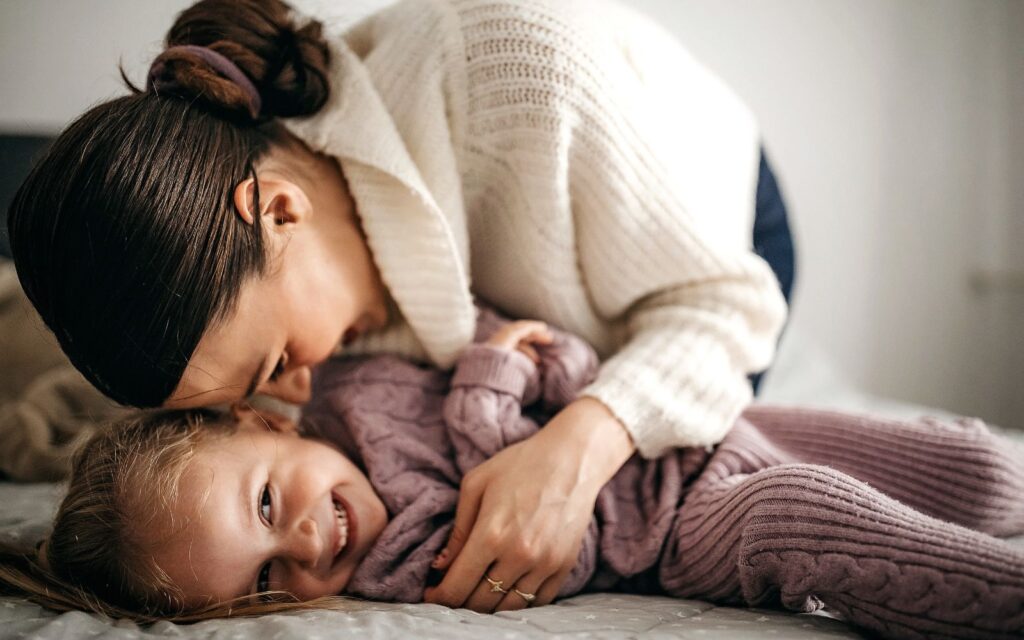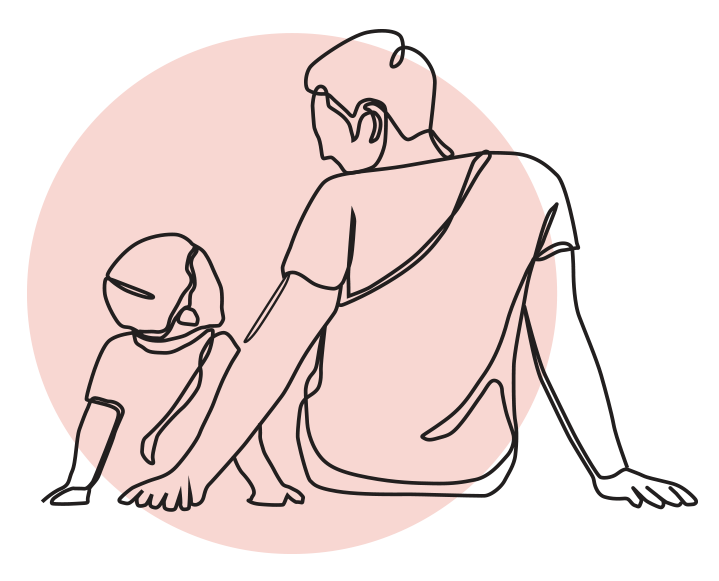Emotional Regulation Parent Counselling
Are you struggling to manage your children’s intense emotions or finding it hard to keep calm yourself? It’s normal for children and young people to be overwhelmed by emotions regularly and they need our help.
Babies are born with 200 billion brain cells but few connections so it’s impossible for them to self- regulate. What’s less well known is that children’s brain pathways are still being pruned and strengthened well into adolescence, so our emotional support is vital. It’s easy to say but when you are in the firing line it isn’t always easy to be the safe container your child needs. For a start, it requires feeling emotionally resourced yourself.
As experienced child and family therapists, our clinicians have in depth knowledge of child development and deal with emotional dysregulation as a key component of their work. Emotional dysregulation results from a complex mix of developmental capacity, sensory needs, memories and triggers. Our therapists will take the time to understand your child and your family in order to identify what may be behind their behaviour. As well as providing information on the brain and nervous system, we can suggest tools and strategies that link directly to your child’s specific experience.
Often, a key component of child regulation is a calm and containing response from parent/s or carer/s, as this allows for co-regulation. Our therapists can explore your unique challenges in staying regulated in stressful situations. With this space to reflect you can develop your own capacity to understand and connect with the feelings behind the difficult behaviour instead of reacting emotionally, which so often leads to a downward spiral. Giving yourself the opportunity to download in a confidential and reassuring space can go a long way towards reducing overwhelm and regaining a sense of calm. In addition our therapists can recommend a range of strategies and grounding tools to try out after your session. Learn more, about our parent counselling sessions or Book Today.
Our Experts in Emotional Dysregulation
Karen Raingold
Child & Adolescent Art Psychotherapist
I am an experienced and intuitive Art Psychotherapist who has been working therapeutically with children and families for thirteen years.
Karen Lever
Child & Adolescent Psychotherapist
I manage therapeutic services in two London primary schools, as well as supporting trainee psychotherapists. I also work clinically with children.
Kati Mencer
Psychotherapeutic Child Counsellor
I have worked with children and parents for 20 years, starting as a school teacher, Montessori educator/trainer, and then as a child and parent counsellor.
Helen Curren-Anaman
Child & Adolescent Psychotherapist
I have over 20 years of experience practicing within private, public, and charity settings offering consultations for children, young people, and families.
Tamsin Lemkow
Child & Adolescent Counsellor
I have been working as a therapist with Child in Time since 2013 in schools. I also support parents with a range of difficulties such as divorce, family breakdown, bereavement, and mental health.
Clemmie Mason
Child & Adolescent Psychotherapist
I have over 12 years experience working with children and their families and more recently have started offering more focussed support to parents and carers.
Emotional Dysregulation Parenting Blogs
- Why do we Read Books to Children?We are constantly told that reading to young children is a good thing, usually in terms of learning to read, expanding vocabulary and getting ahead educationally. But the truth is that books do so much more. During challenging times there can be nothing more comforting than a book that resonates, enlightens or just seems to understand…. Read more.
- Helping Children Cope With AnxietyMany children experience anxiety. It may be in relation to a particular area of their lives such as school work or friendships, or it may be a generalised feeling of unease or worry that surfaces regularly. We’ve outlined strategies to help cope with anxiety…. Read more.
- Play for Attachment & Emotional RegulationEngaging in child-led, one-to-one play on a regular basis is a key element of building attachment and supporting children’s development. This type of play is something that parents do naturally with pre verbal and very young children but do so less with older ages, however it continues to be hugely beneficial and a great tool for addressing a wide range of relational and behavioural concerns…. Read more.
Additional Parent Resources
There are many exceptional resources for parents available online but it can be hard to find them if you don’t know where to look. Our team has compiled a list of recommended organisations, website and helplines for a wide range of parenting concerns. As well as support for more serious mental health issues, you’ll find our latest creations and recommendations of parenting videos, podcasts and books to add to your reading list. Learn more…
Book Recommendations for Children
“The Huge Bag of Worries“ by Virginia Ironside. An excellent picture book we often recommend to help children deal with worries and anxiety. The illustrations are brilliant and the message powerful.
“Silly Billy“ by Anthony Browne. A lovely book for children struggling with anxiety. An opportunity to open up conversation around feelings and worries.
“Angry Arthur” by Hiwyn Oram. This is a stunning picture book about Arthur whose world explodes when he feels angry.
“The Red Beast” by K.I. Al-Ghani & Haitham Al-Ghani. This is an educational story that brings to life anger as a ‘red beast’ the child learns to control.
Book Recommendations for Parents
“The Whole-Brain Child” by Dr Dan Siegel. 12 Proven Strategies to Nurture Your Child’s Developing Mind, explains the new science of how a child’s brain is wired and how it matures.
FAQs
What is Confident Parenting?
Confident Parenting enables you to feel back in control of your parenting choices. We give you options based on the reality of your family at this time, rather than advocating for one approach. All of our consultants are vetted and extremely experienced child/adolescent or family therapists so you know you are in safe hands. Our vision is of accessible, professional and empowering parent support. A space to reflect and to come away with new strategies during challenging times. We believe the right conversation at the right time can empower parents to move forwards themselves.
How much will the session cost?
Sessions cost £80 per single session (45mins) + follow up email summary.
Who are Confident Parenting sessions for?
Sessions are suited to parents and carers of all ages. In the early years especially, parents often struggle with emotional and behavioural issues that typify development at this stage including emotional regulation, sibling rivalry, eating, sleep, boundaries and peer relationships.
At primary and secondary age, parents may be seeking advice about many of the areas outlined above as well as issues often seen at this stage, including work stress and anxiety, growth mindset, confidence and body issues, gender, sexuality and identity.
Where do the sessions take place?
The Confident Parenting sessions take place online via Zoom. You will receive a link prior to the selected date and time.
Who should attend sessions?
Sessions are for parents and primary carers. Where there are two parent families we recommend that both parents attend sessions if possible. This is so that the presenting issue can be discussed from the perspectives of all carers involved. A whole-family approach can be explored and developed.
How many sessions can I have?
We recommend two sessions – a single session consultation with a follow up session. You can always book in another session when you choose. The single session/follow up model ensures you make the most of the one session but return to discuss your issue and develop your thinking after you have put new ideas into practice.
What’s involved in the pre-session questionnaire?
- What is your main concern (NB how old is your child and how long have you been concerned)?
- What have you already tried that has/hasn’t helped?
- What would you like to get out of the session?
Where do I find the pre-session questionnaire?
This questionnaire will be generated online when booking.
What should I do in advance?
Please complete the questions on the pre-session questionnaire generated online when you book.
We also recommend that you consider these additional questions in preparation for your session.
- How is the problem affecting A. your child B. you C. other people in you/your child’s life?
- What do you think we need to know about the situation in order to be able to help?
- For the therapist to be most helpful, is there anything you feel is important to know about your culture, ethnicity, religion, language, sexual orientation, gender identity/expression, mental or physical health or any other factor?
Can I record my session?
No – we do not record sessions. Your session is a space for introspection and reflection as well as a place to learn strategies and techniques to take away. It is likely that recording a session would inhibit free expression during the session and risk client confidentiality after the session.
Instead we provide a follow up email with a summary of the session and strategies to try at home, so you don’t have to take notes during the session.

